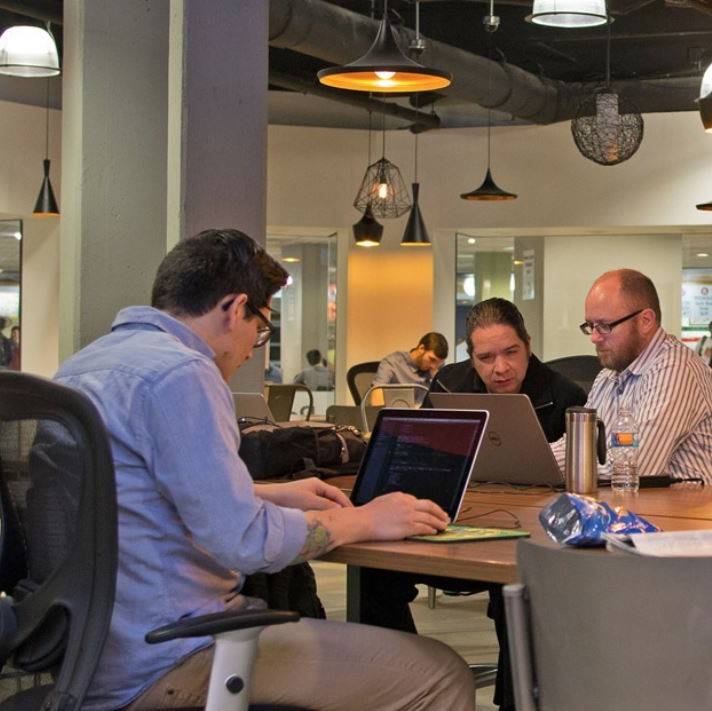January 24, 2023
Offices valued as a place to get work done, not just connect
 The latest Workplace Survey from the Gensler Research Institute sets out to explore how employees are spending their time as they return to the office, how offices can more successfully support them, and the strategic design interventions that will have the biggest impact on the workplace experience. As companies consider the future of their workplaces, the new data suggests that U.S. employees are looking for offices that are both highly effective and offer a desirable mix of experiences. The highest-performing workplaces are those that support all modes of work, offer a wide range of experiences, and are located in amenity-rich buildings and/or neighbourhoods. (more…)
The latest Workplace Survey from the Gensler Research Institute sets out to explore how employees are spending their time as they return to the office, how offices can more successfully support them, and the strategic design interventions that will have the biggest impact on the workplace experience. As companies consider the future of their workplaces, the new data suggests that U.S. employees are looking for offices that are both highly effective and offer a desirable mix of experiences. The highest-performing workplaces are those that support all modes of work, offer a wide range of experiences, and are located in amenity-rich buildings and/or neighbourhoods. (more…)




































November 10, 2022
Summing up where the office now stands in the scheme of things
by Mark Eltringham • Comment, Flexible working